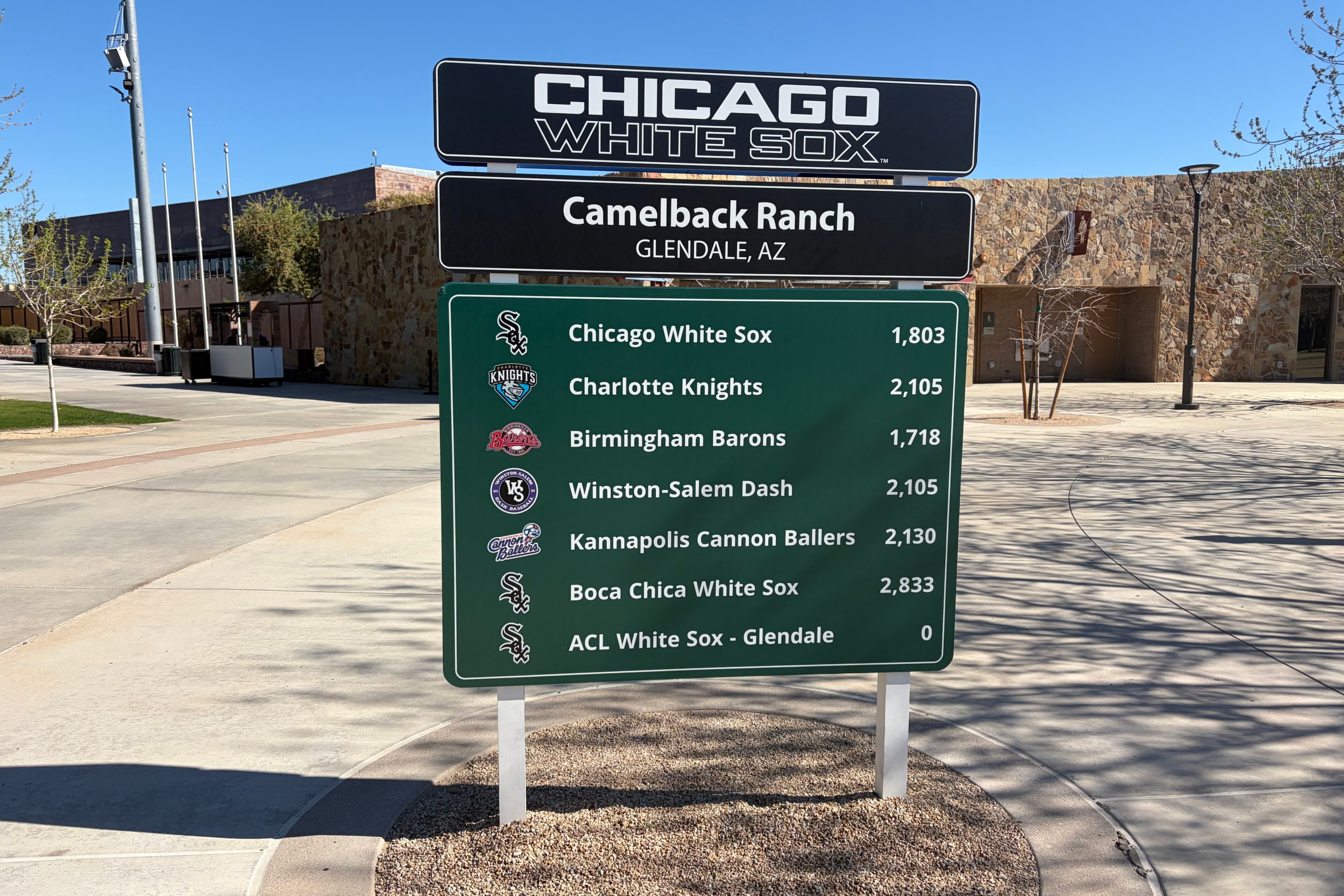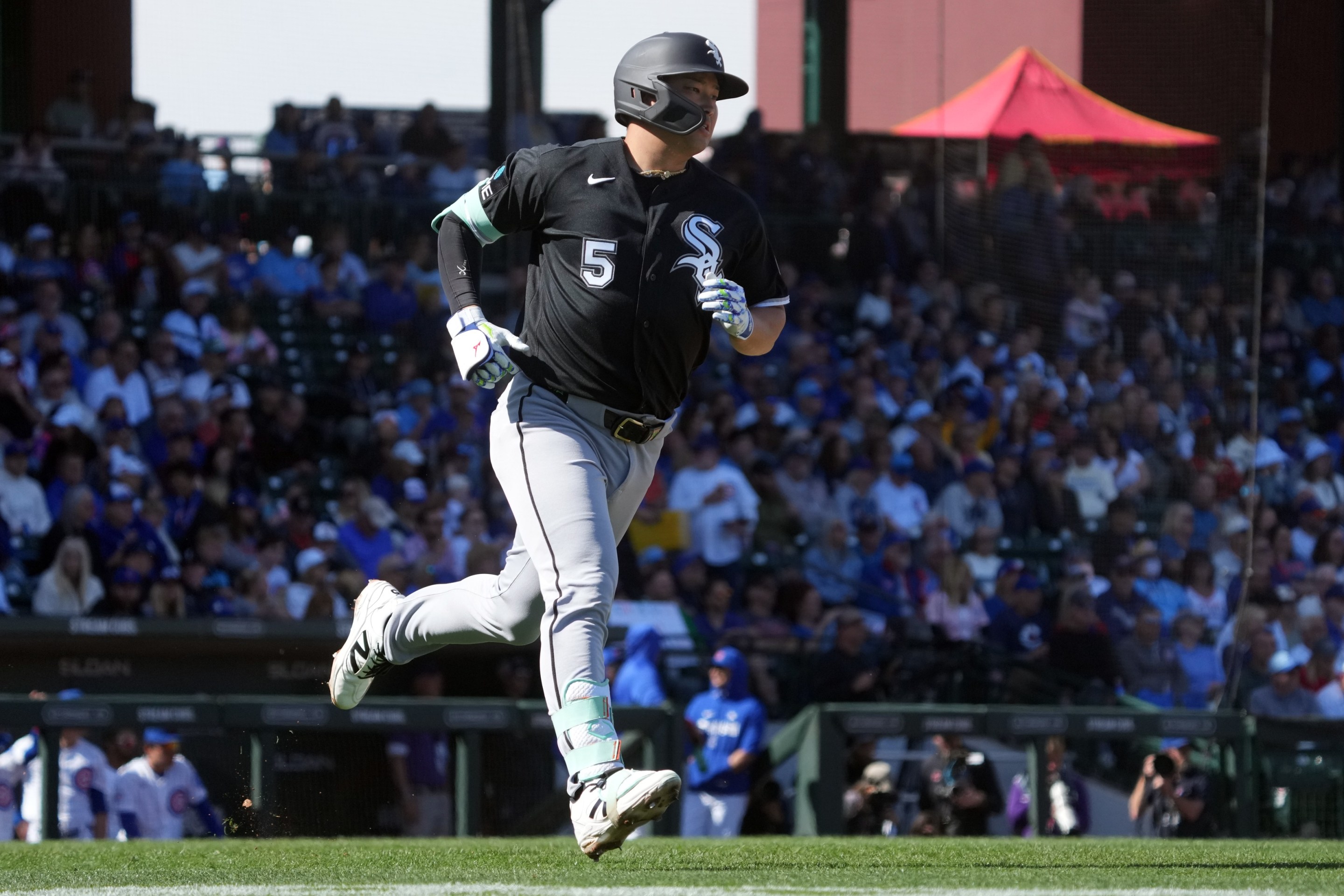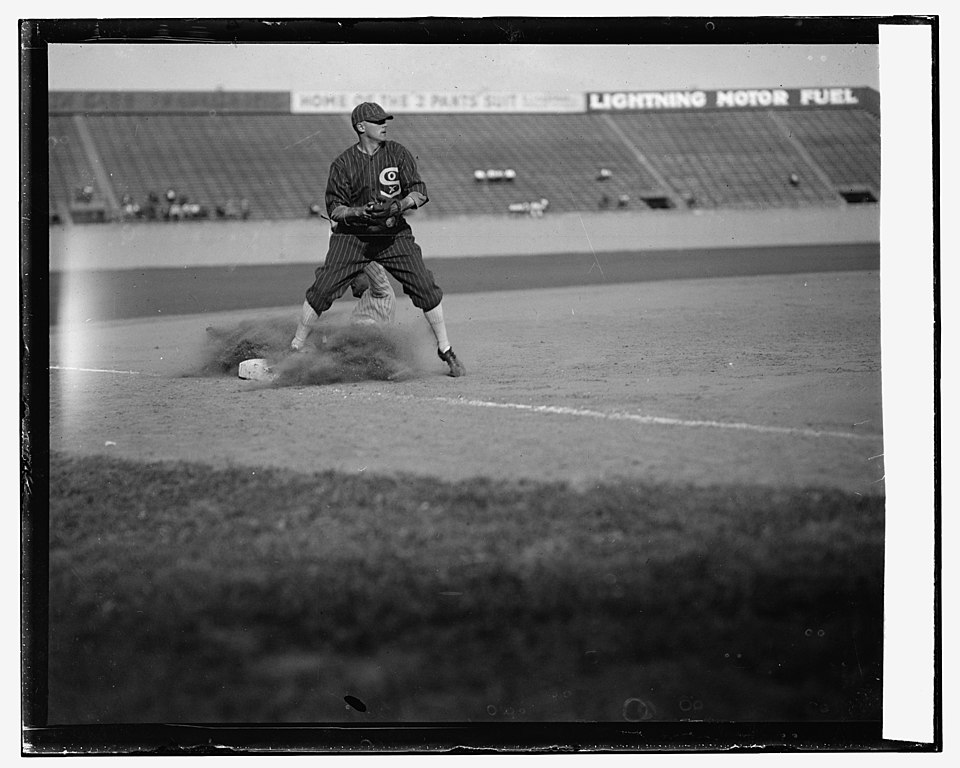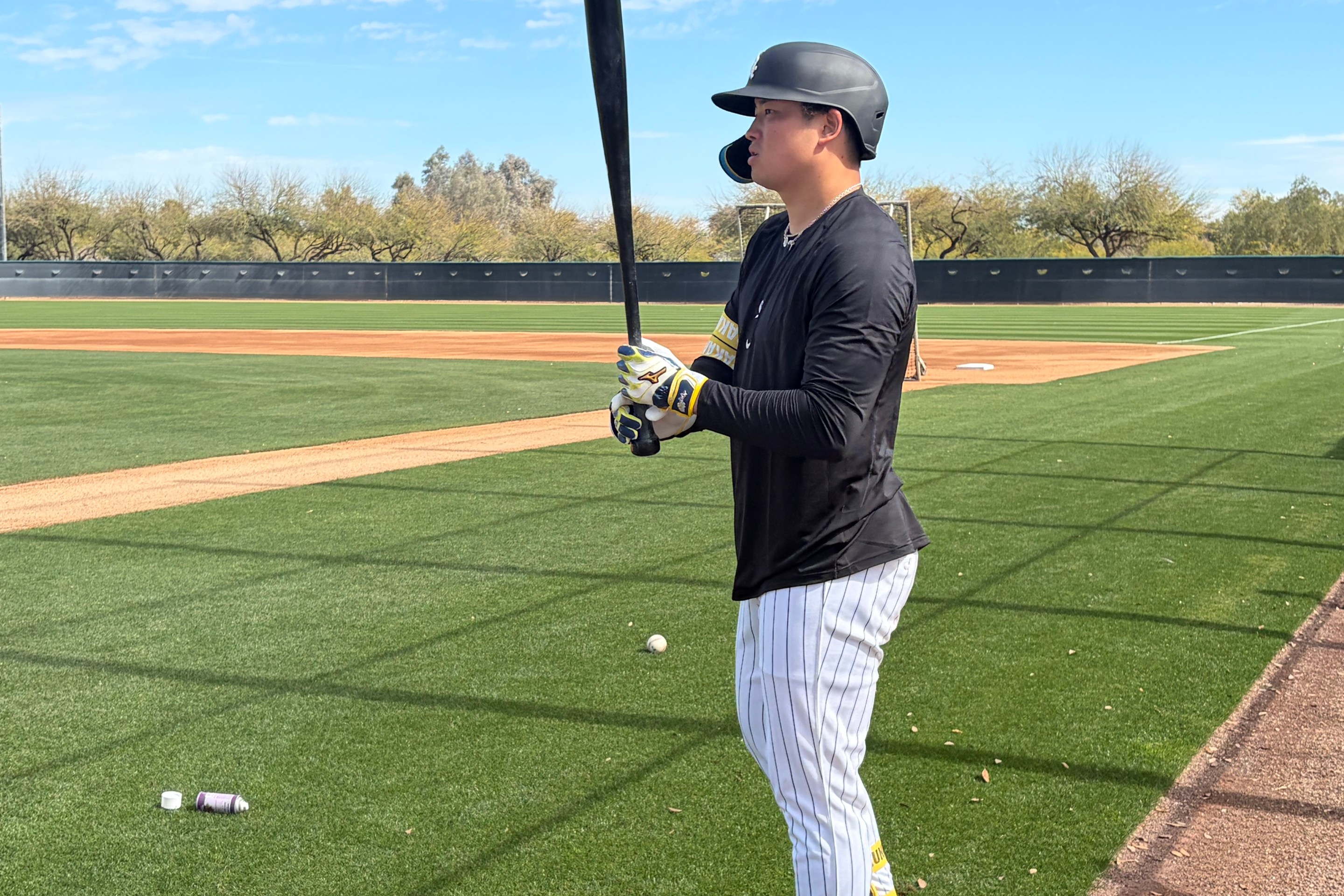So many factors conspired to make John Schriffen's rookie season unusually arduous, and the biggest ones were beyond his control. It wasn't his fault that he had the misfortune of following the very unpopular ouster of a very popular broadcaster, nor did he have any say in constructing the roster that put him in the impossible position of having to win over his employers and his viewers with a first impression during the losingest season in MLB history.
Other elements were technically within his control, but could be categorized under "finding the same wavelength as his audience," which is something every broadcaster experiences. If it felt like more than that, it's because he took gigantic A-swings -- "South Side, stand up," the Luis Robert Jr. growl, the random bursts of indignation -- that resulted in some comical whiffs, which then drew attention to the numerous smaller errors he made along the way.
But his costliest error was trying to go it alone. It appears that he didn't forge many connections with his Chicago colleagues, which is a risky strategy for any industry, and more so with broadcast media, because "broadcast" is right there in the name. The inexperience with calling full-season baseball set himself up for criticism, but the inexperience with calling full-season anything for a dedicated market is what made that criticism loud and unsparing. Nobody felt compelled to soften the blow, nor stand up for him.
It's something he's clearly trying to correct in Year 2. This past weekend, he made his first appearance on 670 The Score since the station amplified his lowlights last year, and he handled Paul Sullivan's direct questions for a Chicago Tribune column.
Listening to his segment with Bruce Levine and Ryan McGuffey on "Inside the Clubhouse," I have the feeling it's not going to be the quickest of fixes. Bruce Levine set up Schriffen by calling him a "street-fighting fist-fighter" in asking about Schriffen's willingness to get in the mud, and the start of his response induced the same instinct to hit the invisible brake pedal on the passenger side of the car.
"Everyone knows I’m from New York, so I have that kind of grittiness about myself. Also, I’ve always been an underdog my whole life. No one really expected much of me. I was a pitcher who didn’t throw very hard in high school, and I was trying to be a D-I player. I got hurt, didn’t know what I was gonna do with my life. I went into sports, and then I did news. I’ve always been trying to prove people wrong my whole life. So I’ve always had that fighting, competitive spirit."
Here's another case where following Benetti does Schriffen no favors, because "tall guy who attended Dartmouth" pales in comparison to the last underdog story in the White Sox broadcast booth. But once you get past the conspicuous self-branding, there's a lot Schriffen says that can be related to: trying to learn a city, appeal to audiences with conflicting interests, and handle intense criticism.
He gave Sullivan a better version of that answer, and he also tried to defend his standoffishness with the media, but there was one line earlier in the piece that jumped out to me:
“Last year was a huge growing year for me, not only as a broadcaster but as a person,” he said. “I think it was a tough season because of what I walked into. I knew what the challenges were going to be. You have a team where we knew they weren’t going to be very good. Taking over for a broadcaster (Jason Benetti) that everybody loved. We had a network that was changing hands, so they weren’t involved as (they normally would be)."
It's hard to know whether NBC Sports Chicago had a case of senioritis as it counted down the days until it stopped being a going concern, or whether those overseeing the broadcast took for granted how naturally Benetti and Steve Stone could fill three hours of airtime with quality information for an disastrous on-field product, and hadn't adequately prepared for onboarding a newcomer into a hellscape. Even if it reads like finger-pointing, either one would answer why Schriffen could be allowed to dig such a deep hole over the course of months.
Perhaps CHSN's new broadcast strategy also makes it easier to recognize that the old network could've done more to account for a different set of strengths and weaknesses. Adding Connor McKnight and Brooke Fletcher for in-game analysis and reports could make Schriffen more of a point guard for the broadcast, which would leverage his show-running abilities over forcing him to be as equally conversant in baseball as Stone.
This approach could just as thoroughly collapse under the punishing toll that only a mandated quantity of low-quality baseball can inflict, but whether it's Schriffen embarking on a charm offensive or the CHSN doubling the amount of voices on the broadcast, everybody involved is doing something they haven't done. Given the ratings hit they're going to incur from covering baseball's worst team on a network that isn't carried by the area's largest cable provider, now's the time to dance like nobody's watching.






